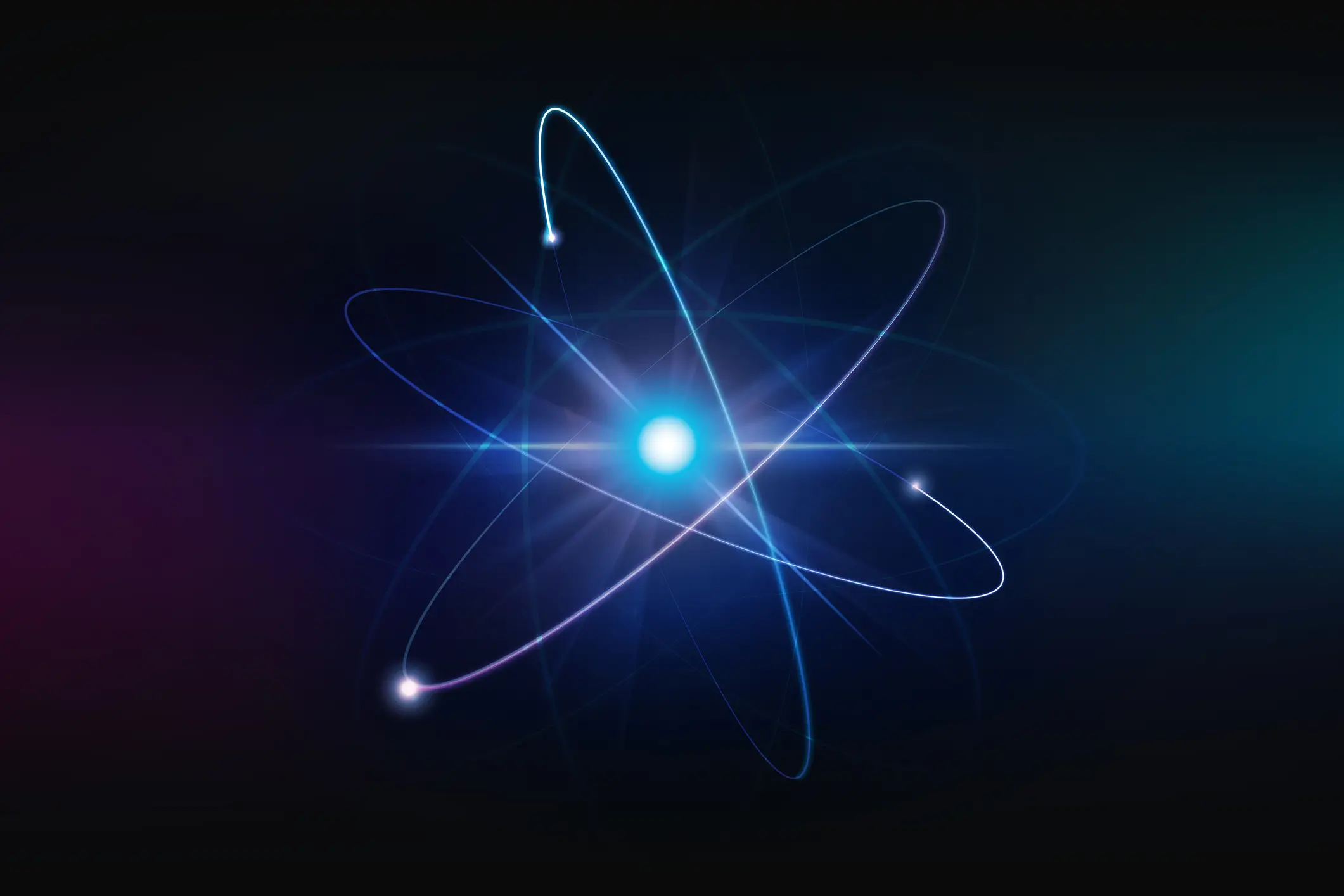
Scientists are building a ground-breaking new nuclear device that could finally expose an invisible universe.
This comes after a new study that was published in the Physical Review X journal revealed that the properties of a nuclear clock could detect the pressure behind dark matter.
And experts are questioning whether a nuclear clock that is powered by a thorium-229 nucleus could work as a new way to hunt for particles.
In a statement, Gilad Perez, who is from the Wiezmann Institute of Science and a co-author of the study, said: “When it comes to dark matter a thorium-229-based nuclear clock would be the ultimate detector.
Advert
“Right now, electrical interference limits our ability to use atomic clocks in the search.”

Weizmann continued: “We estimate [nuclear clocks] will enable us to detect forces 10 trillion times weaker than gravity, providing a resolution 100,000 times better than what we currently have in our search for dark matter.”
Further in the statement, the expert explained: “In a universe made up only of visible matter, the physical conditions and the absorption spectrum of any material would remain constant.
“But because dark matter surrounds us, its wave-like nature can subtly change the mass of atomic nuclei and cause temporary shifts in their absorption spectrum… We still need even greater precision to develop a nuclear clock, but we've already identified an opportunity to study dark matter.”
What is a nuclear clock?
A nuclear clock is an extremely precise timekeeping device, which uses the nucleus of an atom to measure time.
Currently, today’s most accurate clocks are atomic clocks, which use electron transitions, but because nuclear clocks exploit the transitions between energy states within the nucleus itself, this means they have the potential to be much more accurate.

What does this mean for the hunt of an invisible universe?
With nuclear clocks currently being developed, this could significantly change the hunt for missing particles.
Due to an increased accuracy, nuclear clocks could be used as potential tools in order to detect dark matter, which is an invisible substance that makes up a large amount of the universe’s mass but very little is known about.
More specifically, the clocks could also detect interactions of dark matter with ordinary matter, which could result in the discovery of particles that have never been seen before.
While there is no guarantee that the development of nuclear clocks will shed new insight into dark matter, it certainly demonstrates how tech is pushing further to unlock the secrets of our universe.